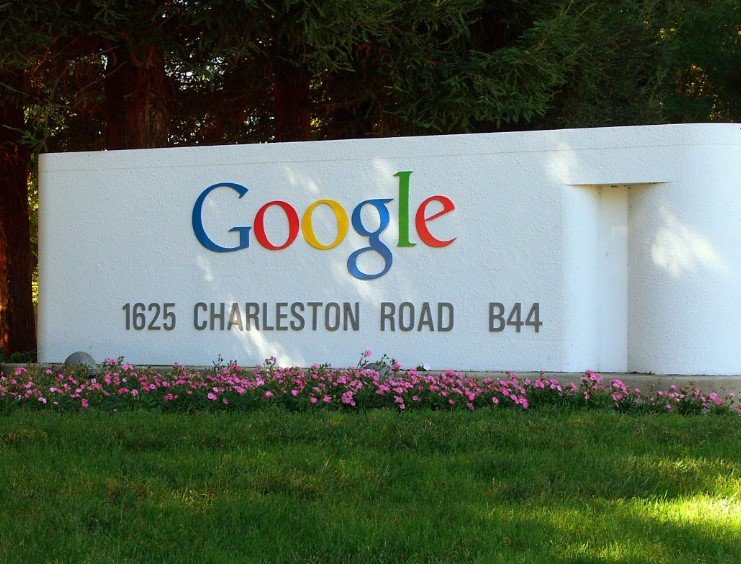California jury says Google secretly drained user data without permission — now 14 million Android owners could be in line for payout
Google’s Android phones have been listening — or rather, talking — more than users thought. A jury in San Jose just told the tech giant to pay for it.
In a verdict that could ripple beyond Silicon Valley, Google was ordered Tuesday to cough up $314.6 million in damages over claims that it quietly siphoned off data from idle Android devices. The case, which affects around 14 million Californians, hinged on whether Google unfairly tapped into people’s mobile data plans for its own business gain. The jury said yes.
Phones Weren’t Idle, After All
The plaintiffs, who filed the lawsuit back in 2019, claimed something sneaky was going on — that even when their phones were sitting unused, Google was pinging servers, transferring data, and doing it all without consent.
They weren’t talking about app updates or texts from mom. This was deeper.
The suit painted a picture of Android phones that never really went quiet. The devices, it argued, were in a constant background conversation with Google. And that chatter wasn’t free — it ate into mobile data plans, something users were never told about.
Even more damning: it benefitted Google. The company, plaintiffs said, used that silent data to feed its enormous advertising machine.

Google’s Defense: It’s About Security, Not Snooping
Google didn’t stay quiet either.
The company argued that what the lawsuit described as “covert data siphoning” was actually critical background work — needed for things like security checks, device performance, and crash reports. A spokesperson, Jose Castaneda, called the ruling a “misunderstanding” and said Google would appeal.
He insisted that those transmissions helped Android devices run better and stay safe.
But the jury wasn’t convinced.
What the Jury Actually Heard
The trial lasted weeks. Jurors heard from engineers, privacy experts, and users. One woman testified that she’d blown through her monthly data cap without even streaming video — later learning her phone had been quietly talking to Google all day.
Another key moment came when internal Google emails were read aloud in court. In one message, a manager flagged concerns over the company’s “data transparency,” asking whether users were really in the loop.
That email, dated years before the lawsuit, hit hard.
There was also expert testimony showing that some Android phones sent data to Google every 4.5 minutes — even when idle. That data, plaintiffs said, was stored, analyzed, and sold via ad platforms.
Here’s what the court ultimately said users were burdened with:
-
Ongoing data transfers without knowledge or consent
-
Unexpected charges from mobile carriers
-
Contribution to Google’s profit without fair compensation
Not exactly a small claim.
California Class, Nationwide Implications
The class action covers Android users in California who had phones using the affected software during the window specified in the lawsuit.
That’s roughly 14 million people, according to court filings.
Still, the implications might go further. Consumer groups across the U.S. are now eyeing similar state-level cases. And data privacy advocates say the verdict opens a door that’s been hard to pry loose — holding tech giants liable for “invisible” data practices.
Why This Case Stands Out
There’s no shortage of lawsuits against Google — antitrust, ad monopoly, user tracking — pick a year, there’s a case. But this one hit a nerve.
It wasn’t about search rankings or YouTube algorithms. It was about regular people burning through phone data and not knowing why.
It was about the fine print nobody reads — and maybe, just maybe, the stuff that wasn’t even printed.
And it was about the fact that in 2025, most users still have no idea what their phone is doing while they sleep.
This one stung because it felt personal.
What’s Next for Google — and Everyone Else
Google will appeal. That much is certain.
The company has signaled it believes it was penalized for standard industry practices. But the $314.6 million figure — while a speck compared to Alphabet’s $2 trillion market cap — could encourage similar suits elsewhere.
Some analysts think this could mark a shift in how juries view tech. “It’s less about what’s legal and more about what feels wrong,” said one San Francisco-based privacy attorney. “People are tired of being tracked without being asked.”
One sentence only:
And that’s not a great vibe for Big Tech.








